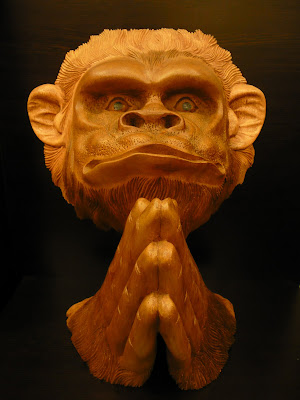.
龙师火帝, 鸟官人皇。
lóngshī huǒdì, niǎoguān rénhuáng。

龙 (dragon) 师 (teacher) 火 (fire) 帝 (king),
龙师 lóngshī 火帝 huǒdì 鸟官 niǎoguān 人皇 rénhuáng are four titles of China’s earliest rulers and ministers and the legends varies according to different sources. 伏羲; fúxī mid 2800s BCE, was the first of the Three Sovereigns (三皇 sānhuáng) of ancient China. He is reputed to be the inventor of writing, fishing and trapping.
In Chinese mythology, FuXi the “Dragon Master” is often depicted with a snake body and human face and is the brother and also husband of Nuwa 女娲; nǚwā a goddess best known for creating mankind and repairing the wall of heaven. Fu Xi is considered as the originator of “I Ching” and said to found the arrangement of the trigrams (八卦 bāgùa) of the I Ching on the back of a mythical giant turtle.

火帝 huǒdì is better known as 神农; Shénnóng literally translated as "Divine Farmer". He is also known as the Emperor of the Five Grains (五谷先帝 Wǔgǔ xiāndì) and is considered as the father of Chinese agriculture, Shennong taught his people how to cultivate grain as food.
鸟 (birds) 官 (officials) 人 (man) 皇 (emperor)
Shaohao (少昊), was a Chinese emperor in 2600 BC. According to some traditions (for example the Classic of History), he was one of the Five Emperors. From Wikipedia – “The myth says that Shaohao created a kingdom in the five mountains of the Eastern Paradise that was inhabited by different types of birds. As the ruler of this bureaucratic land, he captured the identity of a vulture. Other birds worked below him, such as a phoenix as his Lord Chancellor, a hawk that delegated the law, and a pigeon that was in charge of education. He chose the four seasons of the year to watch over the remaining birds.”

Human Sovereign (人皇, Rénhuáng) was the third Chinese legendary king after Pangu's 盘古: Pángǔ, the creator of the universe) era. Before him was the Heavenly Sovereign (天皇), and Earthly Sovereign (地皇). The early Chinese history is very confusing steeped in different legends from many different sources. According to some sources, the third sovereign is Huang-di 黃帝 or the Yellow Emperor who is regarded as the founder of the Chinese civilization.
.
































